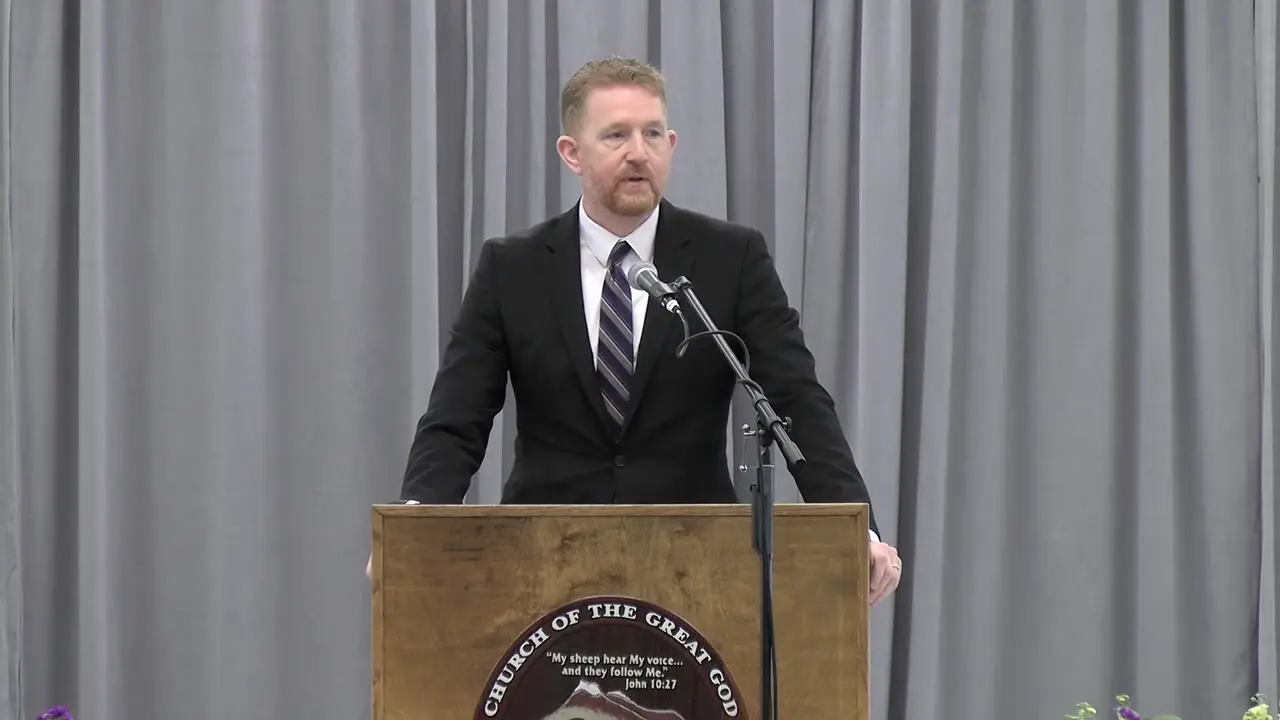Filter by Categories
Pillars in the Temple of God
Sermonette by Ted E. BowlingChrist says He will make those who overcome 'pillar[s] in the temple of My God.' The pillars of a building support its roof and the structure as a whole.
Jesus Christ, Our Anchor: Steadfast and Sure
Sermonette by Ted E. BowlingThe anchor is perhaps the most important piece of equipment on a vessel, holding a ship in place as it is moored, keeping the craft from drifting.

Foundations of Sand
Sermon by Richard T. RitenbaughWe all have a measure of sand in our foundations, symbolic of the world's evil standards, prioritizing badly, becoming neglectful, and letting things slip.

Four Warnings (Part Four): Founded on the Rock
Sermon by Richard T. RitenbaughMixing the solid foundation of Christ's teachings with the sand of worldly philosophies and traditions ends in calamity. We must build on the Rock.
Obeying From the Heart
Sermon by Martin G. CollinsFailure to obey from the heart, and not having an accurate picture or appraisal of God, is the chief contributory cause of spiritual depression.

The Feasts of Tabernacles and Unleavened Bread
Feast of Tabernacles Sermon by David C. GrabbeUnleavened Bread and Tabernacles mirror each other. Through comparing and contrasting, a complete picture of salvation through Christ emerges.